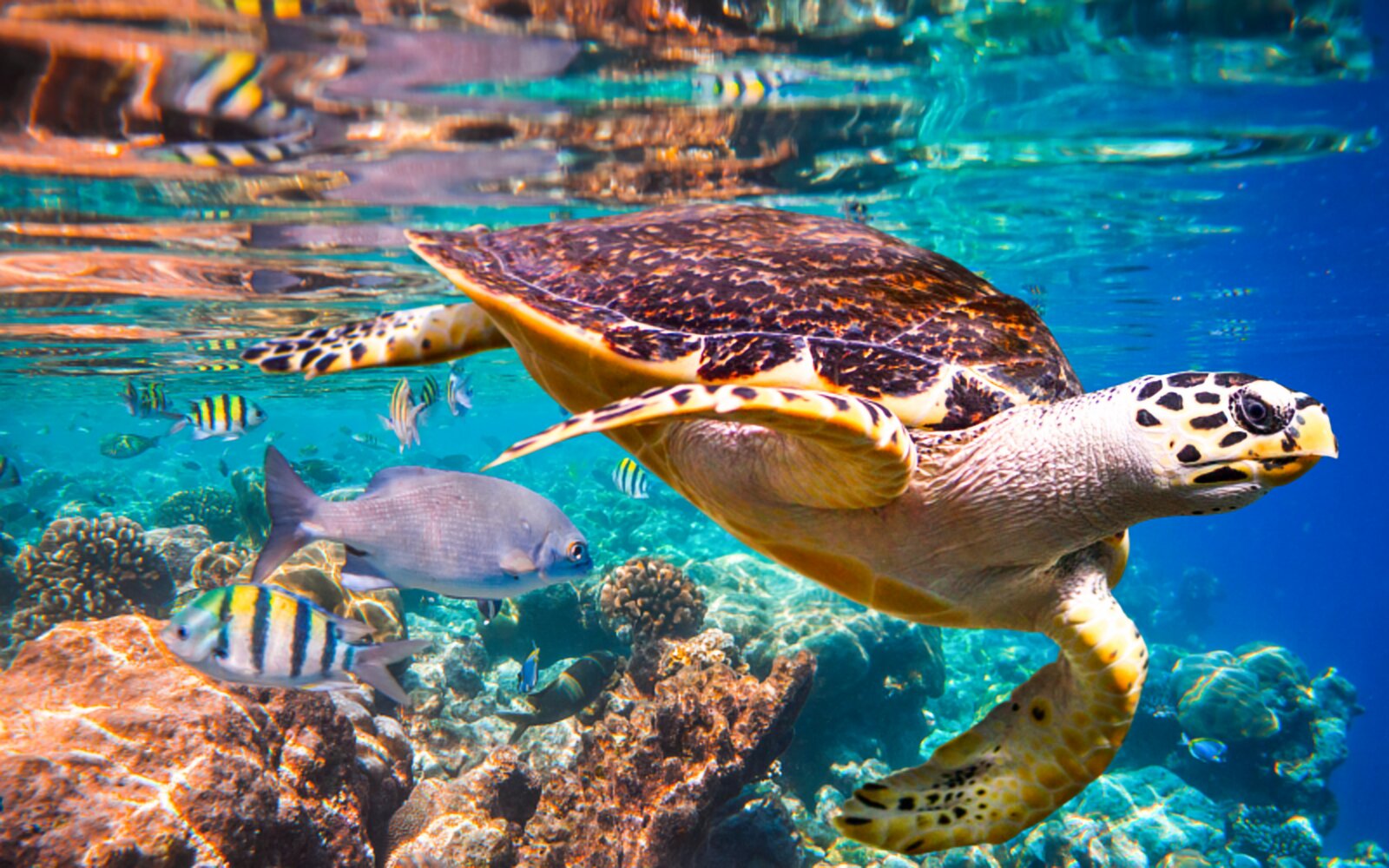According to a recent United Nations biodiversity report developed by 145 expert authors from 50 countries, one million of the planet’s eight million species are threatened with extinction by humans, which scientists described as the most comprehensive assessment of global nature loss ever. “The evidence is crystal clear: Nature is in trouble. Therefore we are in trouble,” said Sandra Díaz, one of the co-chairs of the Global Assessment Report on Biodiversity and Ecosystem Services. The global rate of species extinction “is already tens to hundreds of times higher than it has been, on average, over the last 10 million years,” according to the Intergovernmental Science-Policy Platform on Biodiversity and Ecosystem Services (IPBES). The authors say they found overwhelming evidence that human activities are behind nature’s decline, as they ranked the major drivers of species decline to include deforestation; overfishing; climate change; and pollution. “Not only is our safety net shrinking, it’s becoming more threadbare and holes are appearing,” said Díaz, an ecologist at the National University of Cordoba in Argentina. Between 1980 and 2000, 100 million hectares of tropical forest were lost, mainly from cattle ranching in South America and palm oil…
Nature In Crisis: One Million Species At Risk of Extinction, UN Warns
May 6, 2019




